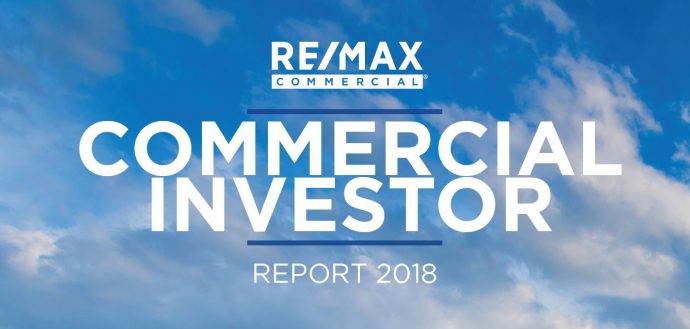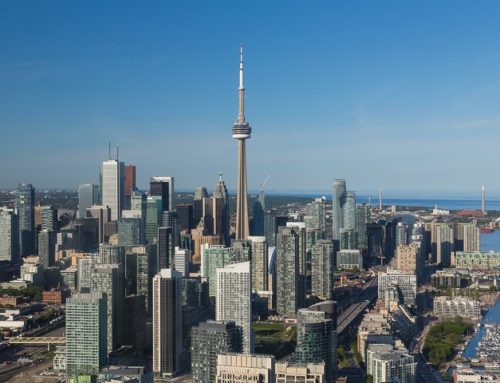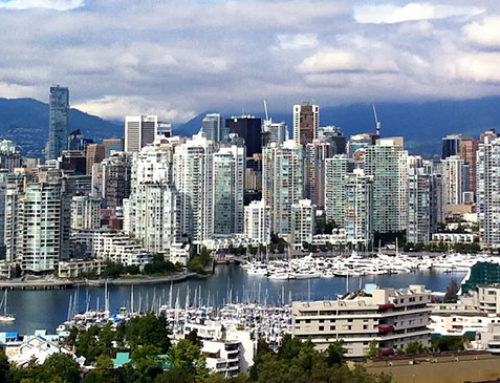Both Kelowna and Edmonton are poised to become hot spots for Canada’s cannabis market post-legalization with competing cannabis enterprises looking for operating space in both cities.
While Kelowna’s commercial real estate market saw an 8 per cent decrease in total sales value for commercial property types year over year, the city has identified more than 900 locations for retail spaces. It’s expected that the approval of licenses will be extremely competitive further driving prices up for the remainder of 2018 and beyond.
Edmonton is also welcoming the addition of an 800,000 square foot facility by Aurora Cannabis which is contributing to the positive growth in the total sales value for the city’s commercial properties, topping $1 billion. This was also the case in 2017 at the mid-year point. Although office and retail sales have not been as strong in the first half of the year, there are more than $500 million worth of completed transactions slated for the third quarter of 2018. Furthermore, the price of oil is continuing to stabilize with increasing global demand, helping Edmonton’s commercial property market along the road to economic recovery.
“The upcoming legalization of cannabis is continuing to have a major impact on the commercial real estate market this year,” says Elton Ash, Regional Executive Vice President, RE/MAX of Western Canada. “In Kelowna and Edmonton, the cannabis industry is slowly absorbing the existing industrial spaces and development lands, which has contributed to the rise in lease rates for those areas.”
Like Edmonton, Calgary’s commercial real estate market primarily revolves around the city’s oil and gas sector. Factors including the increase of oil prices, higher interest rates from the Bank of Canada and the Trans Mountain pipeline project have made buyers in the region more cautious, contributing to a significant year over year decline of 28 per cent in total property sales. However, Calgary is expected to remain stable as we head into 2019 due to a variety of reasons including the investment of big technology companies in the area.
While the past two years were exceptional in Greater Vancouver’s commercial property market, the first half of 2018 has returned to historical norms. There were 523 commercial property sales in the first quarter of 2018, compared to 886 sales during the same period last year. However, continued growth in Vancouver’s technology sector continues to drive demand for both office space and industrial space throughout the region. Larger tenants like Amazon and WeWork continue to expand and are expected to further increase inventory in the region going into next year.
“Investment by major companies like Amazon in Calgary and Greater Vancouver is evidence that commercial real estate – office space specifically – in Western Canada remains a hot commodity,” says Ash. “As Canada continues to push further ahead in areas like technology, investors both domestic and abroad see the potential for growth here and are willing to call Canada home.”
Regina’s commercial real estate market has slowed this year due to economic uncertainty. High interest rates, the price of oil and the low Canadian dollar have all contributed to the commercial market. However, new projects are still underway such as the construction of the megamall at the Global Transportation Hub. The mall – which will boast 300 stores – was originally billed at $45 million but could go as high as $300 million when completed. Saskatoon on the other hand has experienced relative stability as 2017 was considered a year of recovery. This is mostly due to the relative diversity of its sectors which include manufacturing, agriculture, construction and the service industry.
In Winnipeg, the commercial market has experienced a 3 per cent decrease in total sales value year-over-year. While interest rates have remained low, the lack of available property has had the biggest effect on sales which has affected the decisions of investors.
For more information, download the full report!









